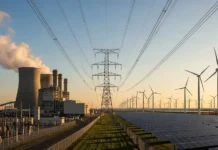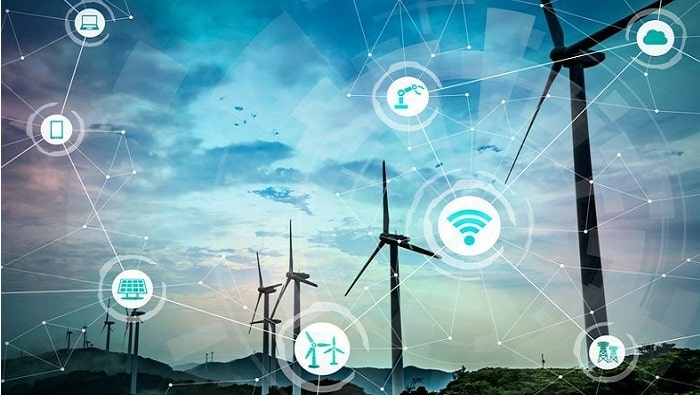ESMIG, Europe’s smart energy provider organization, highlighted the significance of an interconnected system that enables shared, accessible, and analyzed data as the foundation of their operations. The initial version of the European Union’s digitalization strategy, which aims to establish a common energy data model or ‘data space’ was satisfactory. They highlighted the success of similar platforms in the automotive sector, enabling the emergence of new business models.
Adopting data standards across the European Union to reduce barriers is very important, as the current approach relies on individual countries handling data independently. Regulatory bodies were mentioned as playing a vital role in supporting interoperability and other advancements. The presence of demand-side flexibility in European legislation was acknowledged, though its implementation varies across countries.
Regarding the ongoing rollout of smart meters throughout the EU, the vendors are prepared to support the initiative but there is a need for legislative support. While considering the cost-benefit analysis as one perspective, the necessity of exploring various business models that can be leveraged with the deployment of smart meters to facilitate the energy transition, plays a major role. Interoperability and scalable measures at the EU level are deemed essential, with a call for legislators to provide the necessary support.
Although challenges exist, such as supply chain issues, progress is being made to address them. Smart meters serve as a vital foundation for providing visibility to utility companies and end consumers, enabling the energy transition. To achieve the target of significant smart meter penetration by a specified date, urgent action is needed due to the substantial progress still required.










































